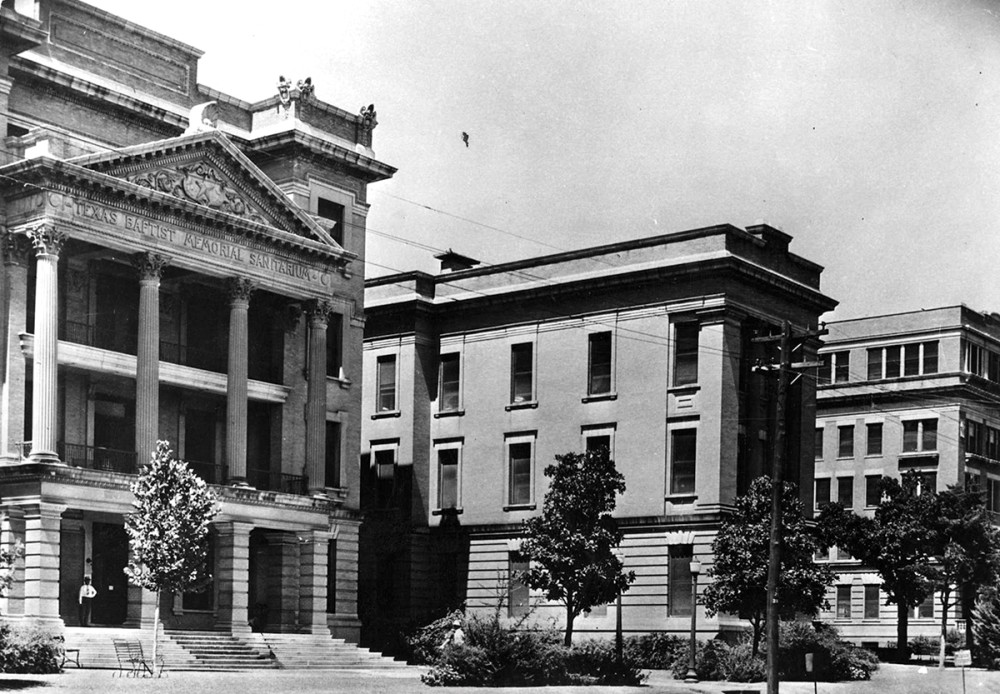How a Baptist educator’s simple plan gave rise to health insurance

In 1929, Baylor Hospital in Dallas had a problem: it was weeks away from insolvency. Teachers in Dallas also had a problem: they couldn’t afford to take time off when they got sick. Fortunately, businessman and educator Justin Ford Kimball found a deceptively simple way to alleviate both problems—and gave birth to the health insurance industry in the process.
Kimball left his teaching career in 1929 to take an executive position within the Baylor University system, according to Samuel Schaal in his book Lone Star Legacy: The Birth of Group Hospitalization and the Story of Blue Cross and Blue Shield of Texas. Chief among his responsibilities was to improve the dire financial situation of Baylor Hospital: its receipts had dropped from $236 to $59 per patient, and occupancy had dropped from 70 percent to 60 percent.
Kimball drew on his decadelong tenure as superintendent of the Dallas public school district, where, among other things, he had created a sick benefit fund in the aftermath of the Spanish flu pandemic. He had asked teachers to pay $1 per month into the fund, which would then pay sick teachers $5 for each day of lost pay due to serious illness.





